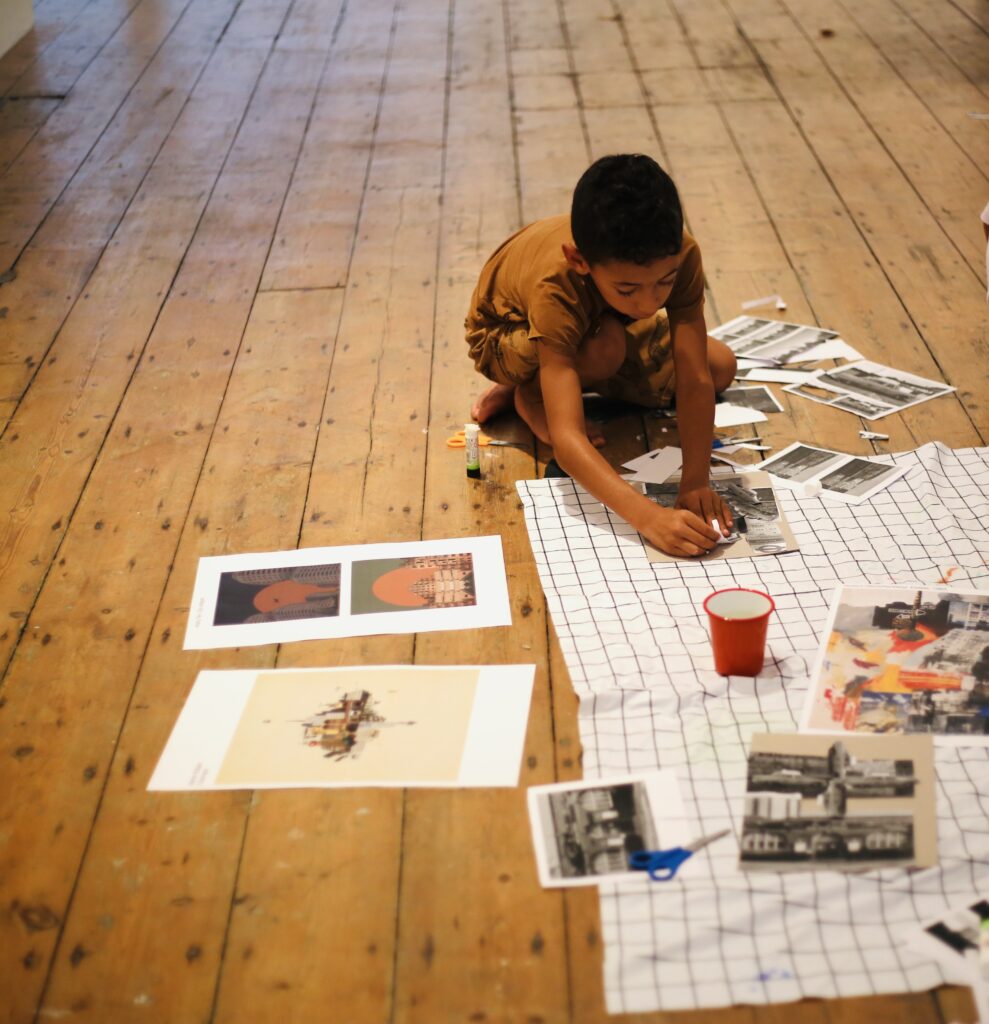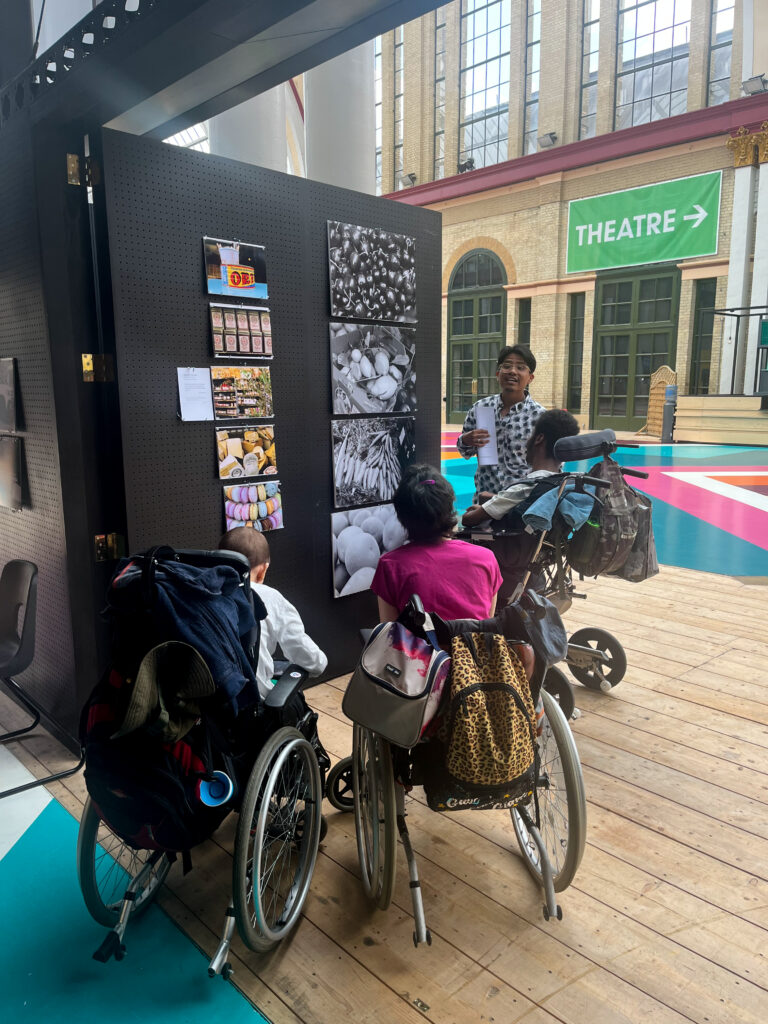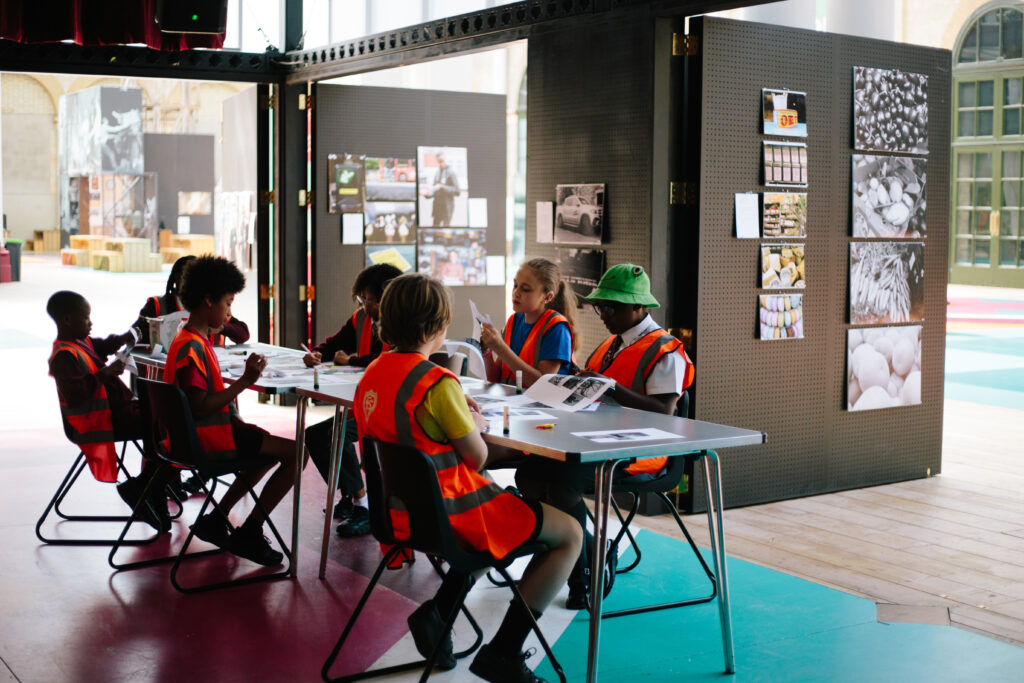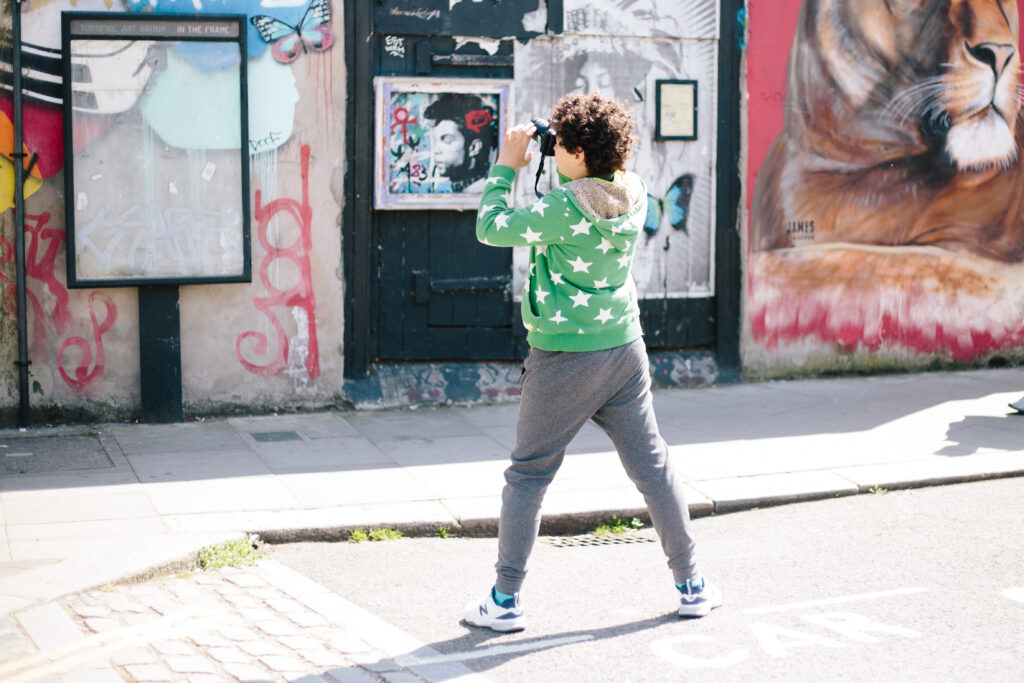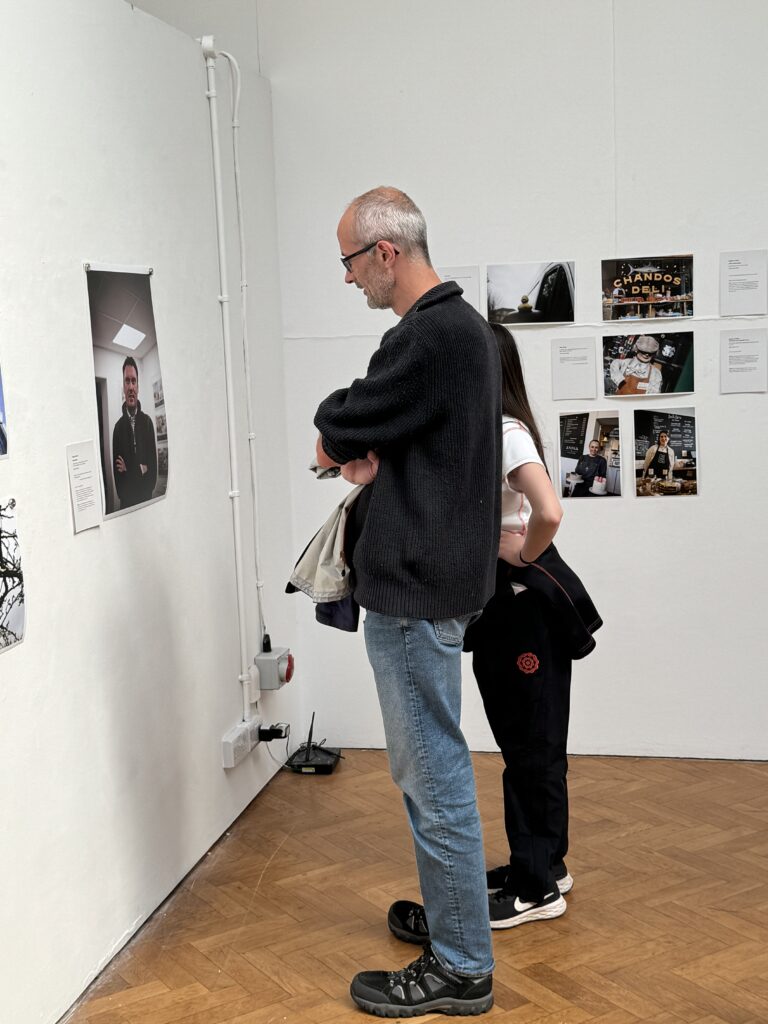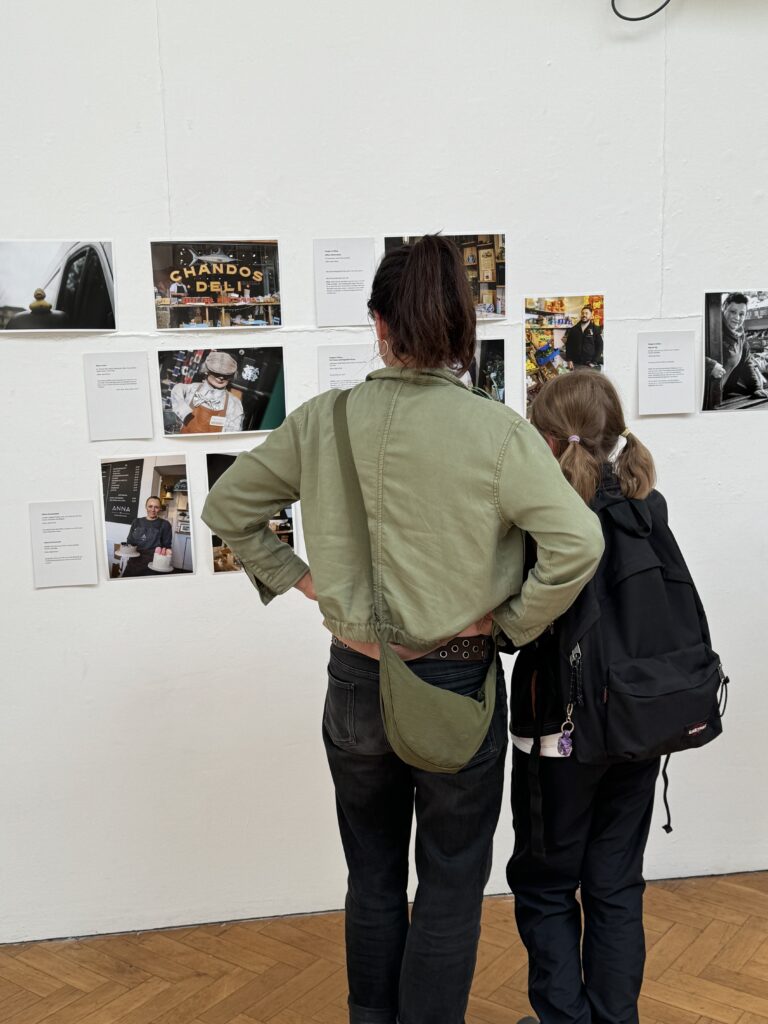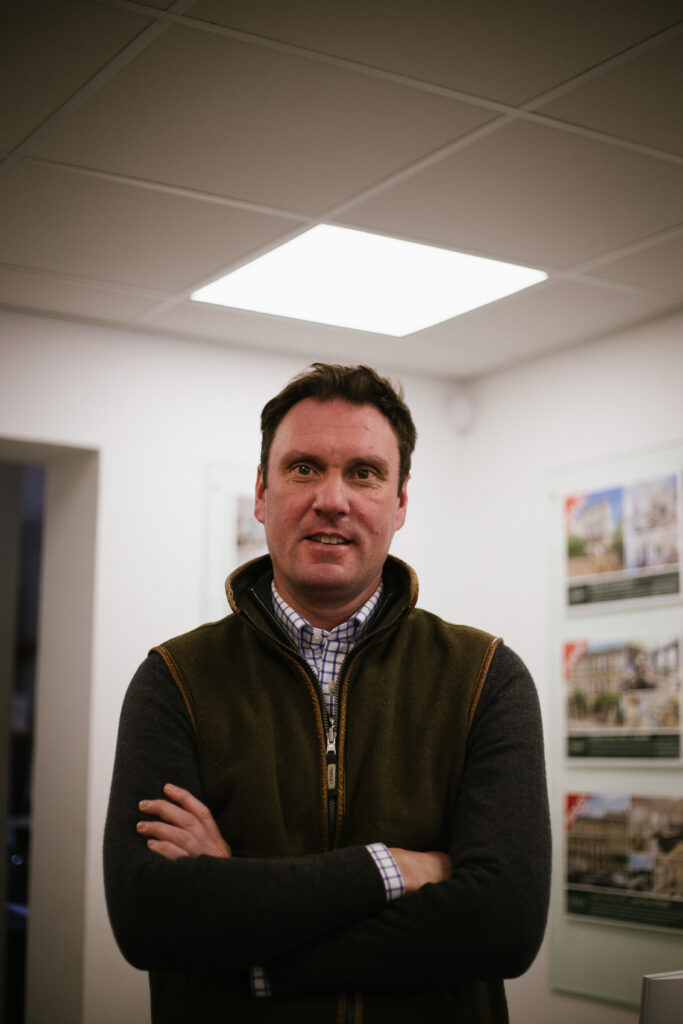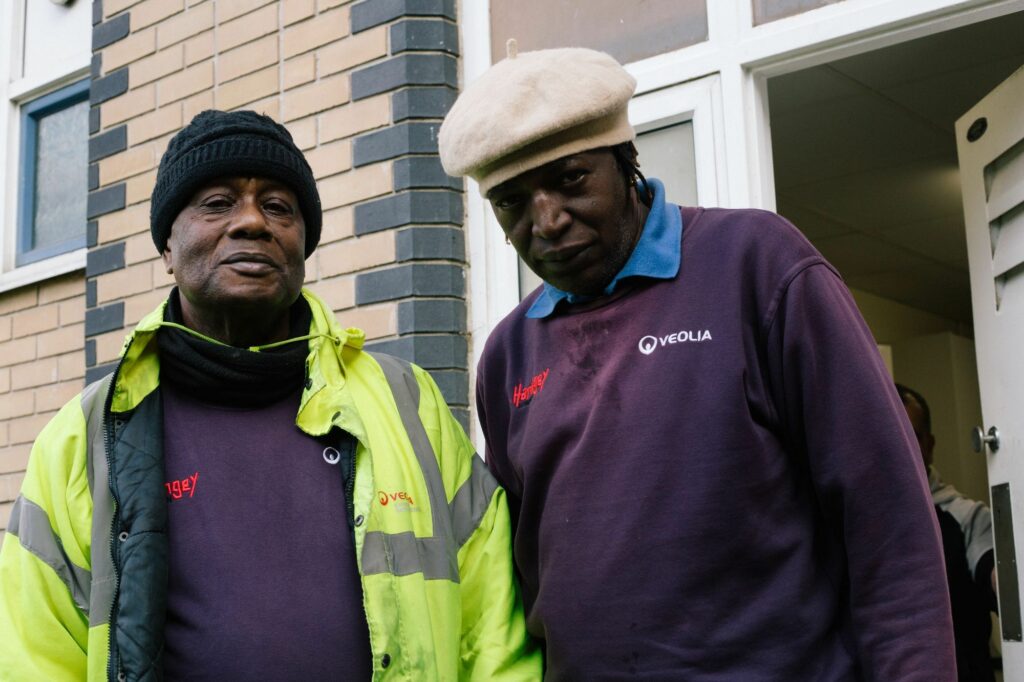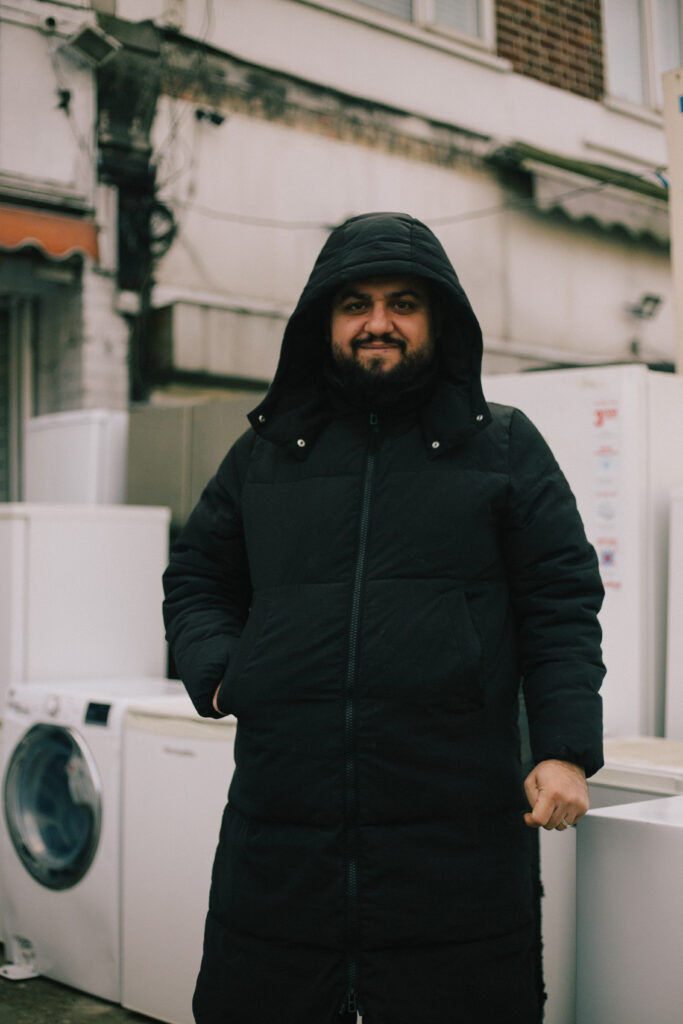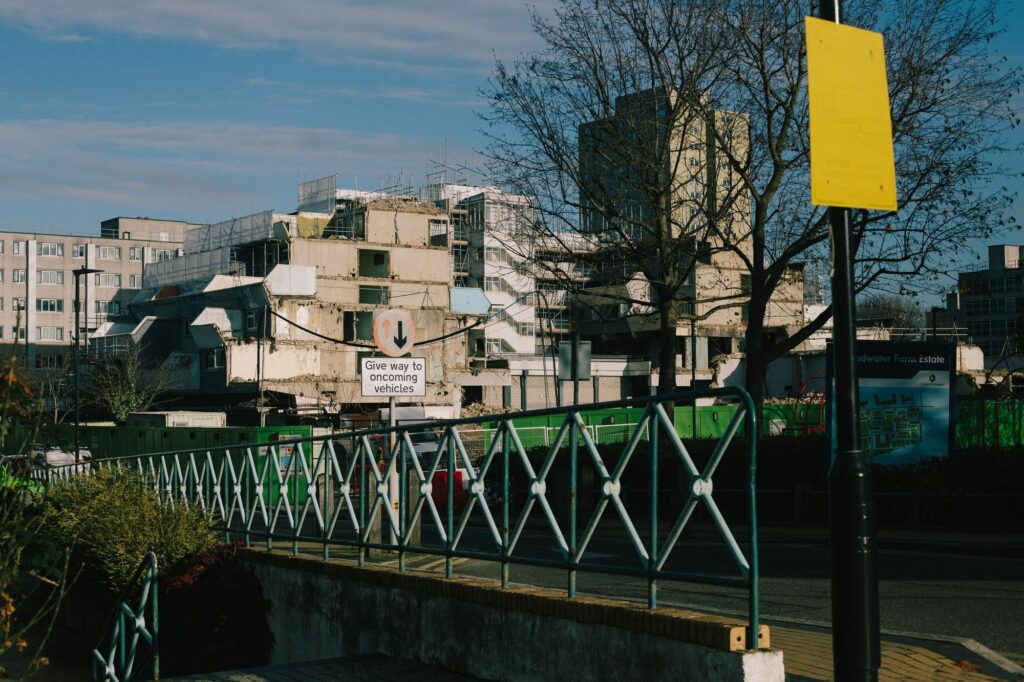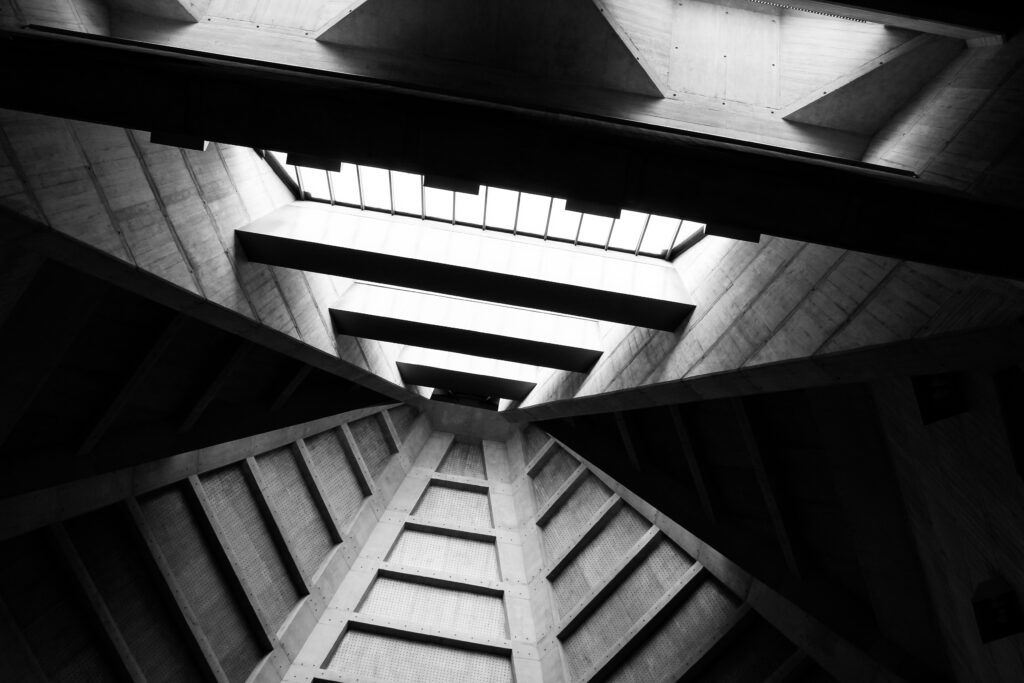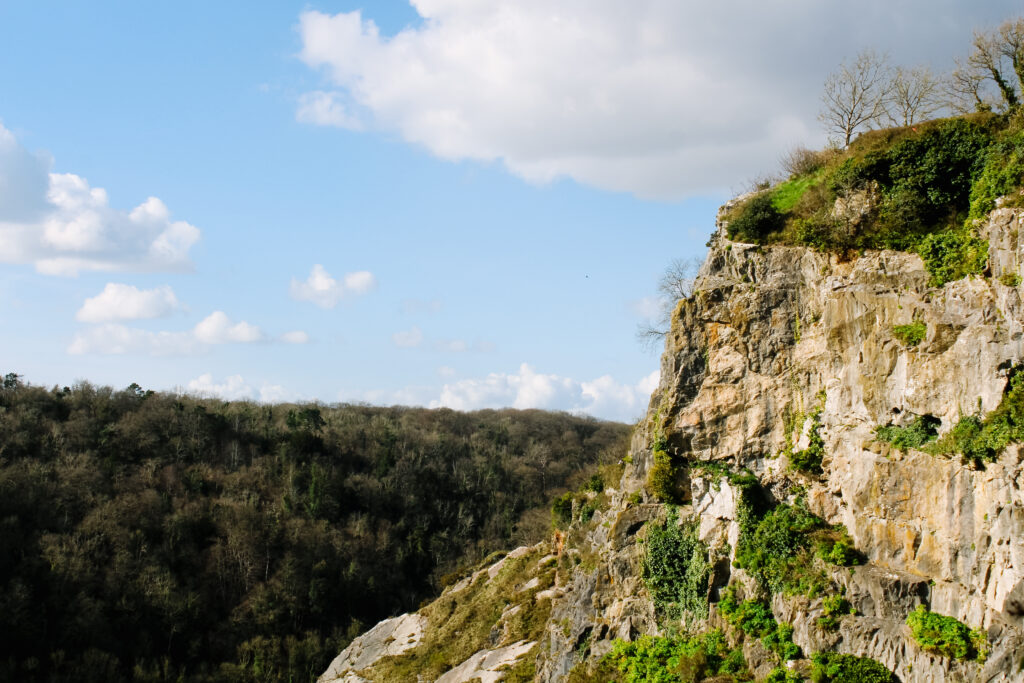Global Routes Project 2024
The following blog is written by one of the incoming Repair-Ed doctoral researchers, Asia Giuliani, who will be starting with us in October 2024. Asia reflects on her recent work and collaborative photographic practices on the Global Routes project with school children in Bristol and London and gives a sense of how she will bring this forward into her doctoral studies on Reparative Futures of Education.
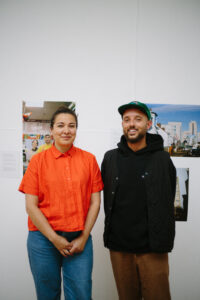
Founding Director and Artist Educator, Asia Giuliani and Khali Ackford at Artspace, Bristol
Global Routes Project is a project for Key Stages Two and Three that enables children to document communities and places through photography in areas surrounding their school. Through the project, we provide workshops, online lessons, and resources from professional photographers so children can create impactful images and interviews that tell stories of diverse communities and challenge stereotypes. The project culminates in a public photography exhibition featuring all participating schools, creating a space for knowledge exchange. This year’s exhibitions were sponsored by Clifton High School, an independent school in Bristol and additionally featured photographs from four state schools, and a special school attended by pupils with learning needs. Thank you to Luke Goodman, Annabel Backhurst and Paul Ayers from Clifton High for working collaboratively to facilitate the exhibitions for so many students.
Over June and July 2024, Global Routes Project CIC hosted its third round of annual exhibitions. These photography exhibitions are created by school children, for children and their communities. I am pleased to virtually share this year’s exhibition, through the website, where you can filter the gallery to view the 2024 photographic documentaries across London and Bristol. We wish to thank all the school teachers who have supported their students in this project. A special mention to Diksha Shah from Belmont Junior School and Alex De Lange from Springfield Primary who both ran the project for the third year in a row.
I founded this project in 2018 as part of an MA in Culture Diaspora and Ethnicity at Birkbeck University, with the intention to develop pedagogies that support creative and critical thinking and actively create knowledge from broad and nuanced perspectives. Alongside my teaching, I have been photographically documenting and archiving local cultures and environments where I live in Bow, East London. Notably, in the Summer of 2017, I chanced upon the late Peter Etchell, outside his house during a walking interview and photography session in East London. I recorded Peter’s startling story of a working-class fight for justice, in his infamous campaign ‘George Davis is Innocent OK’ in an hour-long recording, which will soon feature in a Sky History documentary. You can view this story here.
The unexpected hidden histories that I uncovered from this local archiving, led me to consider how this approach would support students to be active creators of knowledge. Through developing this practice with children, I have found that locally-centred learning can have a significant and positive impact on students’ understanding and engagement. The camera is a tool that enables students to look for and make decisions about subject matter: what to include or exclude and enables students to explore, and sometimes challenge local narratives. Additionally, I have found that students with special learning needs have achieved learning successes both comparable to and sometimes surpassing their peers, in part due to the project’s flexible, open, and visual design.
This year, we worked with Samuel Rhodes School in Islington. Students shared in-depth knowledge about architecture and made insightful comparisons between the locations; recognising the strength of communities across different demographics. The visual, dialogic and open nature of the learning enabled students to share what they know and understand, and express their ideas in a variety of ways. A special thank you to Ogu Nnachi for her collaboration with Global Routes Project this year and dedication to supporting students to discover new ways of learning.
At the exhibition, students viewed archival photography from Khali Ackford and Paul Trevor. They identified comparable themes associated with unity between different communities within Bristol and London during the 1970s and today. We wish to support schools with visual, photographic and dialogic methods to explore local histories. Photography lessons with Khali Ackford are available on our website, which underpin and support the delivery of the Global Routes Project through skill development. We have also designed lessons that tell stories of South Asian Diaspora communities in London, and their experiences of racism, protest and unity, featuring photos from Paul Trevor. These are available from September. You can register interest here.
I am thrilled to spend the next few years working as part of the Repair-Ed team to further develop visual, photographic and dialogic methods to explore reparative justice in education in the city of Bristol. I am looking forward to seeing what the school children participating in the Repair-Ed project can uncover working collaboratively with different communities across the city.
Guest contributions to the Repair-Ed blog represent the perspectives of the authors.

